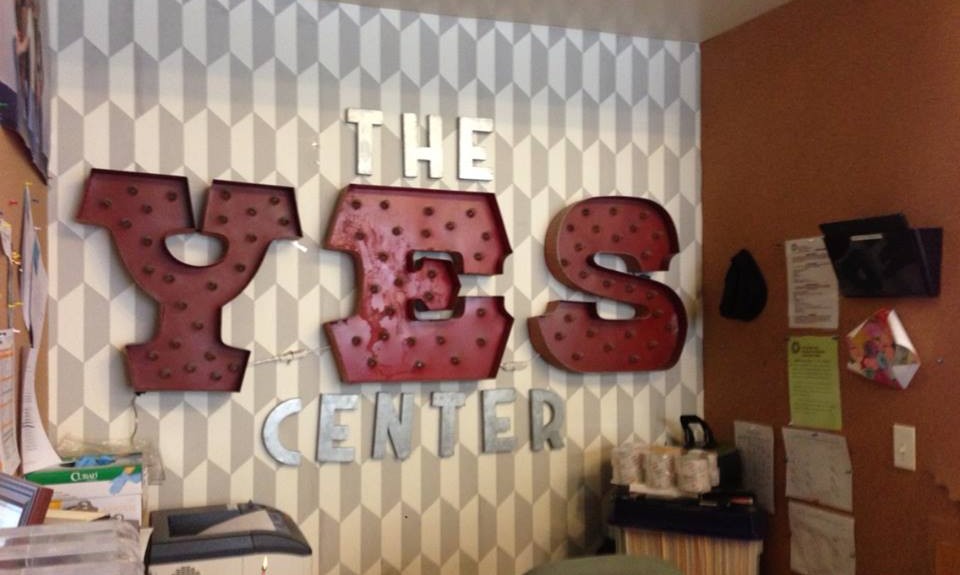Lifestyle & Culture
LGBTQ Youth: YES Center Encourages Us to Be Ourselves
When Kevin Crespo was growing up in Brooklyn, he got the impression from neighborhood kids and his relatives that boys were expected to be macho.
Crespo said he had a hard time meeting that expectation.
“I feel like they [think] less of me. Like, I have to prove myself [in] some way, shape or form ” Crespo said.
Several days earlier, Crespo, who is studying human services and mental health at LaGuardia Community College, had shared what he describes as the hardships of his upbringing during a roundtable talk at Youth Enrichment Services in Greenwich Village.
Like several of those other 14- to 23-year-old lesbian, gay, bisexual and transgender individuals at the table, Crespo said he feels like was forced into a “parallel life” and wasn’t free to be his true self.
Youth Enrichment Services—YES, for short—was created to help people like them feel less isolated, more accepted, able to share their secrets and concerns and unafraid to tell others exactly who they are.
“As a person who came out as gay in college, it is a gratifying experience to be able to support LGBT young people … [in developing] healthy adolescent and young adult lives,” said Nicole Avallone, a licensed social worker and director of youth services for the LGBT Center of New York. The center runs YES.
The youth being served said YES is making a difference in their lives.
“When I came here, I was lonely in school and was stranded in this straight wasteland. I just needed to be somewhere different and be somewhere to have the opportunity to make new friends,” said Paula Schneck, 17, a YES participant who lives in Manhattan.
At least since she started 10th grade at the Rudolf Steiner School in New York, Schneck said she has been anxious and felt like a social outcast.
The counseling, poetry writing and other activities in which she has participated at YES have helped her, said Schneck, who also has been diagnosed with depression.
YES also helped Crespo deal with his questioning brothers, who are not gay, when they first found out about Crespo’s homosexuality and immediately frowned upon it. They found out, Crespo said, after his boyfriend posted a Facebook photo of the boyfriend kissing Crespo on the forehead.
“Honestly, I regret the argument but not the picture,” Crespo said, talking about the disagreement between him and one of the brothers. “I don’t care what others think. But I do admit that I have to be cautious now, since I have rebuilt my relationship with my brothers.”
That relationship is not as solid as it used to be, Crespo said. But that’s OK with him.
Ella Graciela, 20, said she not only has had to deal with being ostracized because she is lesbian, but she also had faced the difficulty of being physically abused by her father. He abused her many times. Once, when she was 14, her father—angry because she had left some earrings at school—put her hand on a lit stove burner and held it there.
After ordering Graciela to remove her gloves while she was in the classroom, and seeing the burns, school officials called the police, Graciela said.
As a lesbian, she began gaining a greater acceptance of her sexuality while living in a group home where the counselors and other group home residents seemed to understand who she was.
YES has affirmed her even more, she said.
“The YES program has done more than help,” Graciela said. “I have found a person inside me that is comfortable and confident with herself.”
“That is just the of kind success YES hopes to achieve,” said Avallone, the youth services director. YES dreams of a day, she added, when “every young person has a space like [ours] … aims to be, where they feel free to be exactly who they feel themselves to be inside.”


